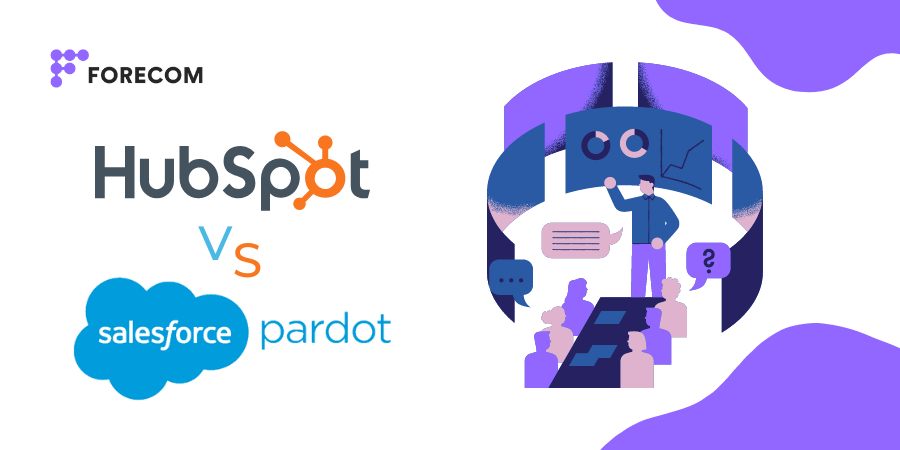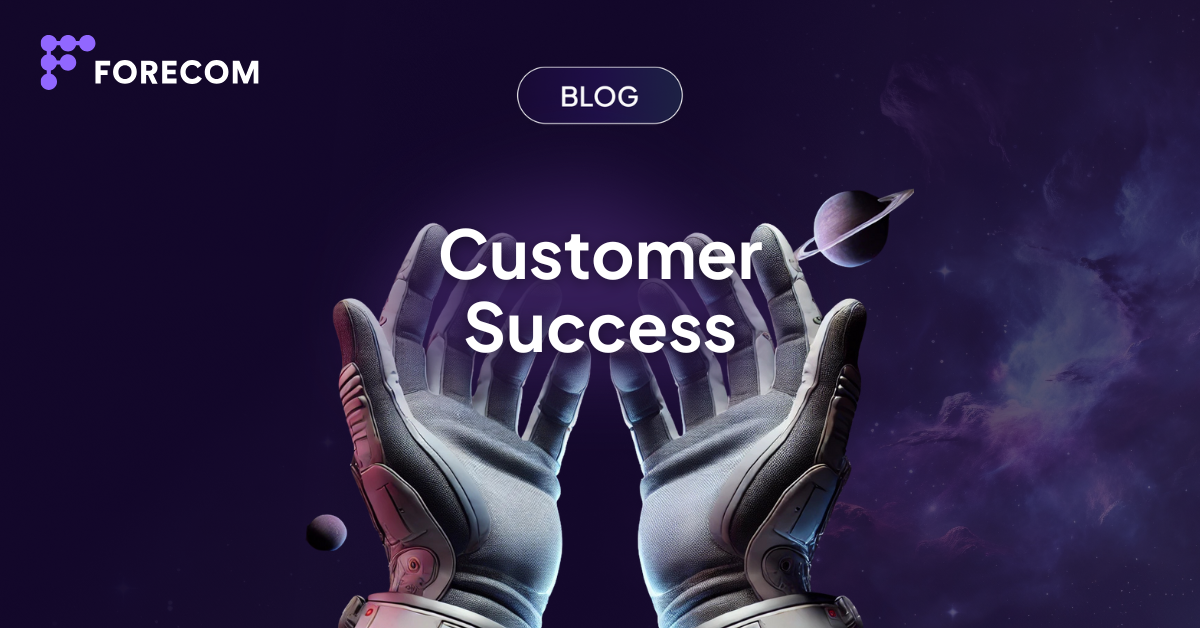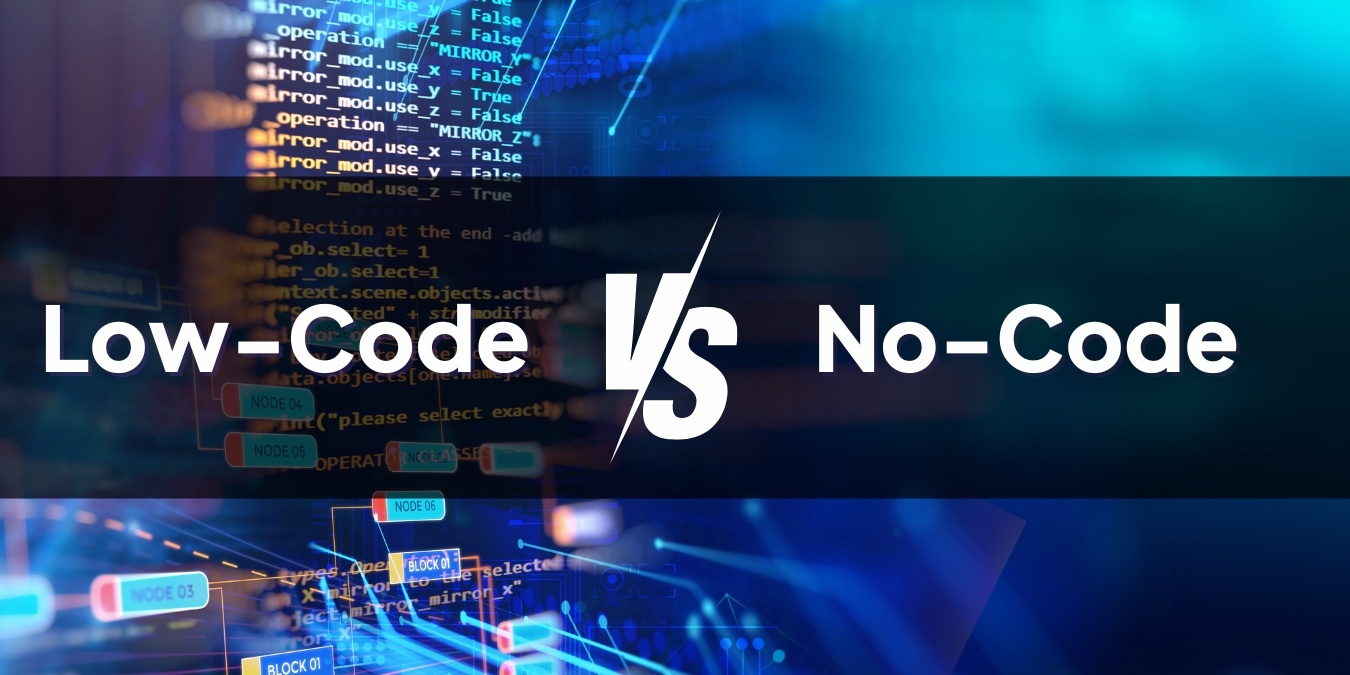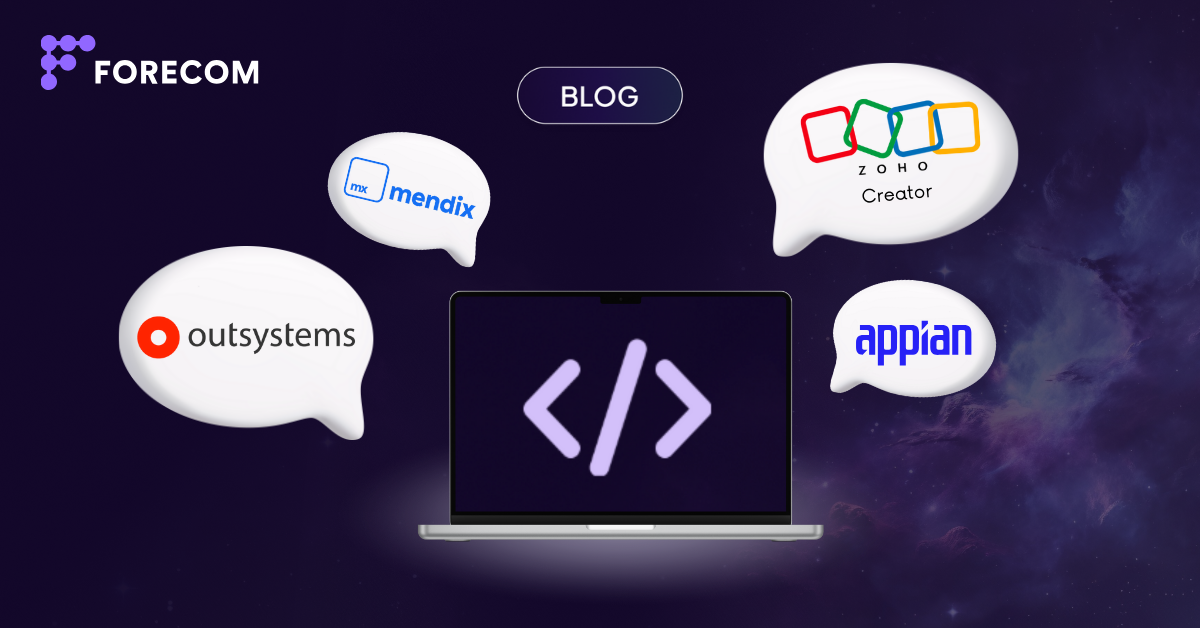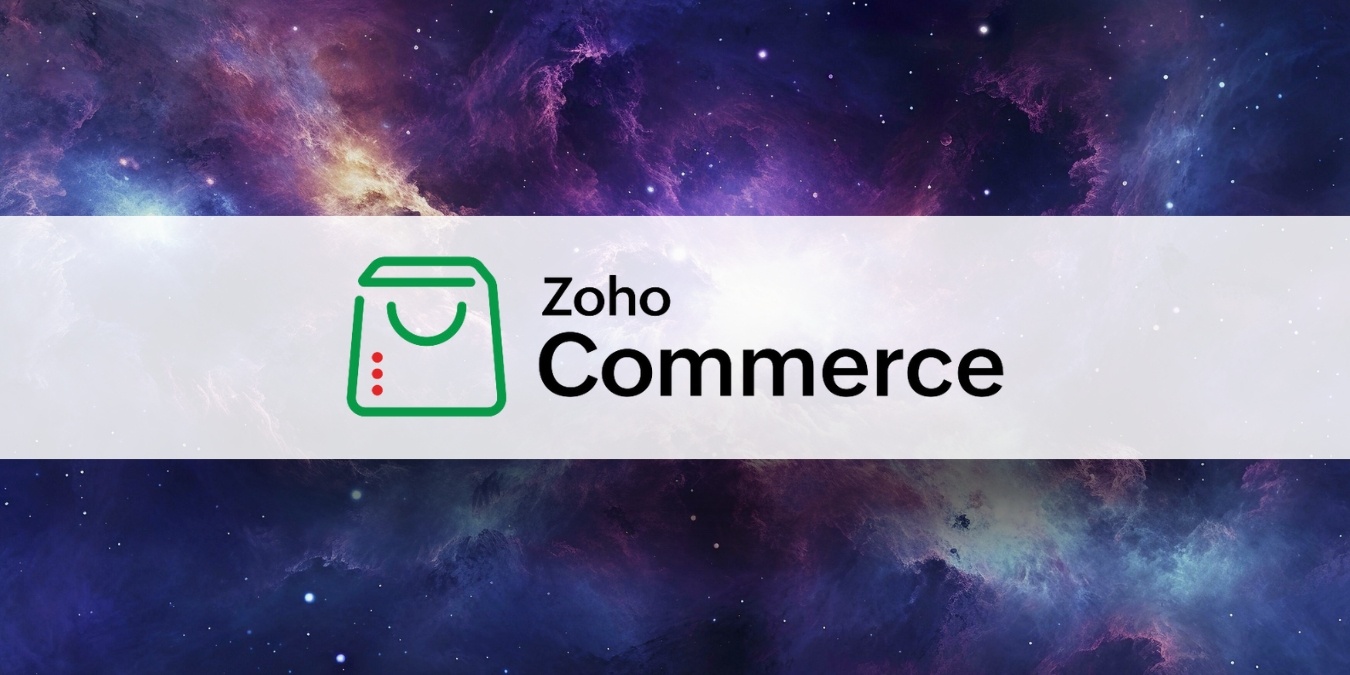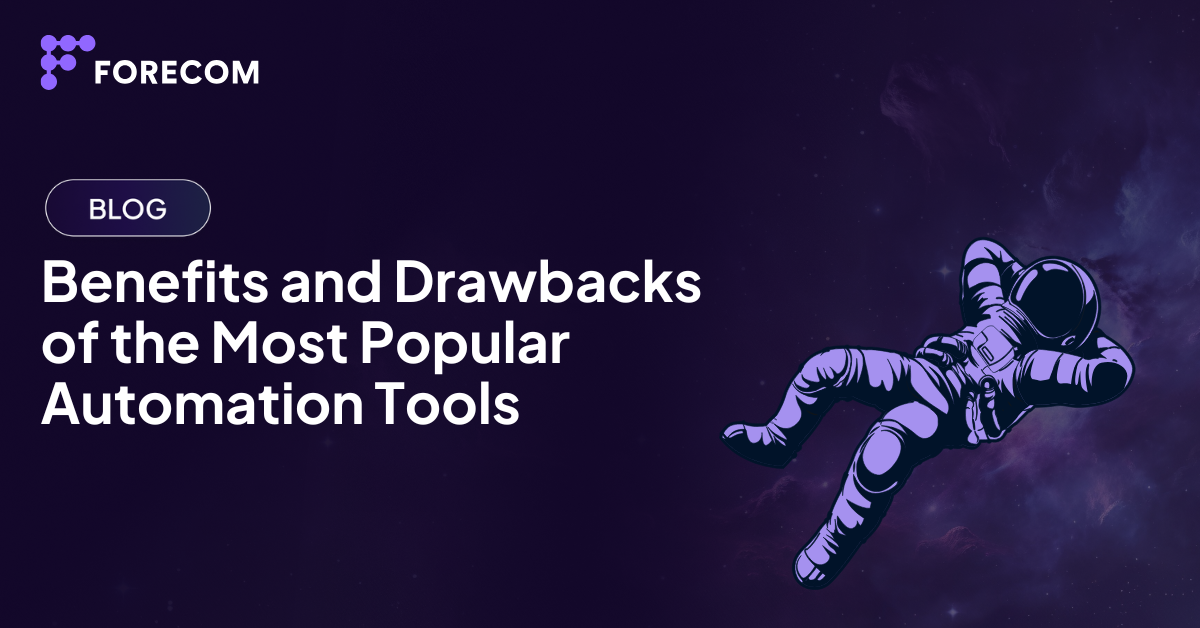The world of marketing automation is vast, and choosing the right platform can mean the difference between success and failure. For this reason, in this article, we've put together a comparison of two of the most popular players on the market.
Obsah
Understanding Marketing Automation
HubSpot vs. Pardot: Key Features
Detailed View of HubSpot and Pardot
HubSpot Marketing Hub vs. Pardot Salesforce: Pricing
Introduction
Modern marketing technology has significantly changed the business landscape over the past decade, with marketing automation platforms being at the forefront of this digital revolution.
Both HubSpot and Pardot offer a wealth of features designed to meet the evolving marketing needs of businesses. But when it comes to choosing between HubSpot and Pardot...which one is the best solution for your business?
In this comparative review, we look at key features as well as pricing models, user experience, customer support, integration options and scalability of each platform. Our goal is to provide you with an objective and comprehensive view to help you make the right decision.
HubSpot Marketing Hub
HubSpot Marketing Hub is an advanced CRM marketing automation software designed to empower users to create and execute more than just marketing strategies.
.png?width=450&height=225&name=N%C3%A1vrh%20bez%20n%C3%A1zvu%20(25).png)
This extensive collection of tools, ingeniously linked to your customer data, provides a comprehensive solution for designing automated inbound marketing campaigns aimed at steady business growth. It helps you grab attention, increase lead conversions, and offers visibility into your entire marketing funnel from one centralized location.
HubSpot Marketing Hub Interface:
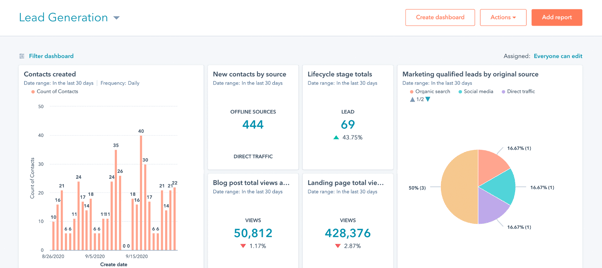
Pardot Salesforce
Pardot is a marketing automation tool that allows marketers to identify leads that are most likely to convert.
.png?width=450&height=225&name=N%C3%A1vrh%20bez%20n%C3%A1zvu%20(26).png)
As such, Pardot was founded in 2007 as an independent platform, but over time was acquired by Salesforce, further expanding its service offering.
Pardot Salesforce Interface:
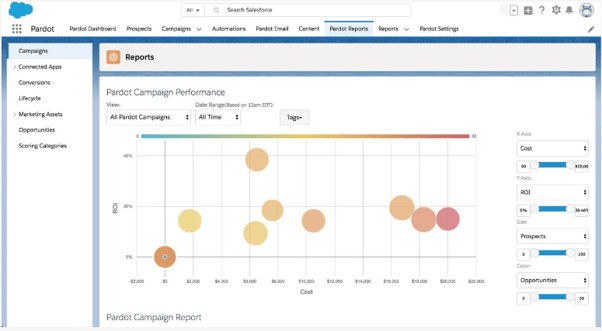
Understanding Marketing Automation
Before we get into the comparison between HubSpot and Pardot, it's essential to understand what marketing automation is and why it's essential for modern businesses. Essentially, marketing automation is the use of software platforms and technologies to automate repetitive marketing tasks. These tasks can include social media posts, email marketing or advertising campaigns.
One of the significant benefits of marketing automation is lead nurturing. Traditionally, lead nurturing was a time-consuming process that required a lot of manual effort. However, with marketing automation, companies can set a clear path for leads to follow, offer them personalized content based on their interactions, and then walk them through the sales funnel.
In addition, marketing automation provides valuable insights into customer behavior. By tracking interactions across different channels, it is possible to gain more detailed information about the preferences and habits of the target audience. This data is invaluable for shaping future marketing strategies.
HubSpot vs. Pardot: Key Features
Now let's break down what these platforms offer to understand their strengths and the differences between them:
|
Feature |
HubSpot |
Pardot |
|
Marketing Dashboard |
Comprehensive all-in-one dashboard |
Not as comprehensive as HubSpot |
|
Content Creation & Optimization |
Powerful CMS for content creation & optimization |
Lacks a native CMS |
|
CRM Integration |
Fully integrated with HubSpot CRM |
Integrated with Salesforce CRM |
|
Social Media Management |
Full-suite social tools |
Basic social tools |
|
Marketing Automation |
Advanced segmentation, nurturing workflows, detailed reporting |
More focused on email automation |
|
Lead Management |
Standard lead management features |
Advanced lead scoring and management |
|
Email Marketing |
Robust email marketing tools |
Advanced email marketing with AI insights |
|
B2B Marketing Analytics |
Comprehensive analytics |
Deep B2B analytics |
|
AI-Powered Insights |
Lacks AI-powered insights |
Einstein AI for intelligent insights |
HubSpot
- All-in-One Marketing Dashboard: HubSpot provides a comprehensive dashboard that aggregates all your marketing activities. From social media to email marketing, SEO to blogging, everything is available in one place.
- Content creation and optimization: HubSpot is equipped with a powerful content management system (CMS) that allows users to create, edit and optimize web content without requiring advanced technical skills.
- CRM integration: HubSpot offers a native, fully integrated CRM that unifies sales and marketing efforts. This harmonious integration ensures seamless data flow and better customer engagement.
- Social Media Management: With HubSpot's social media management tools, you can schedule posts, monitor social media interactions, and evaluate the performance of your campaigns all in one place.
- Marketing automation: HubSpot's automation features enable advanced segmentation, workflow nurturing, and detailed reporting to help businesses increase marketing efficiency.
Pardot
- Lead Management: Pardot excels at managing and nurturing leads. It allows users to track and rate leads based on their activity, ensuring that sales efforts are focused on the most prospective leads.
- Email Marketing: Pardot provides robust email marketing tools that allow users to design, plan and track personalized email campaigns.
- CRM Integration: Pardot is part of the Salesforce platform, offering seamless integration with Salesforce CRM, allowing sales and marketing efforts to be aligned.
- B2B Marketing Analytics: Pardot offers a range of B2B marketing analytics tools that provide deep insights into campaign performance and customer engagement.
- Insights with Artificial Intelligence: With Einstein AI, Pardot users gain insights, lead scoring and AI-based analytics that lead to smarter and more effective marketing strategies.
Detailed View of HubSpot and Pardot
|
HubSpot Marketing Hub |
Salesforce Pardot |
|
User Experience |
|
|
|
|
Marketing Automation |
|
|
|
|
CRM Integration |
|
|
|
|
Analytics |
|
|
|
|
Customer Support |
|
|
|
HubSpot Marketing Hub vs. Pardot Salesforce: Pricing
|
Expense |
HubSpot Marketing Hub |
Pardot Salesforce |
|
List Price (10,000 contacts) |
$3,600 / mo |
$4,000 / mo |
|
In-house Implementation |
Implementation Specialist and Customer Success Manager for $6,000 periodic reviews |
Salesforce offers "Jump-Start" implementation for $5,000 |
|
Support |
Phone and email support for all Professional and Enterprise pricing packages |
30% of the net price for access to additional features + 5% for US support |
|
3rd Party Implementation |
Connect with a Solutions Partner in our Marketplace |
Connect with a Salesforce Partner on the AppExchange |
|
Platform Maintenance |
Enjoy a seamless platform built on one code base |
Need to set up and maintain connectors for multi-cloud integrations Estimated configuration time is 20 hours of work with regular updates |
|
CRM |
Included, use for your marketing team or include your whole business. |
Connect to Salesforce CRM or purchase another product |
|
Total costs |
$49,200 |
$80,600 |
Conclusion
Choosing a marketing automation tool often depends on a number of factors - functionality, usability, integration options and price. Both HubSpot and Pardot offer an impressive array of features, making them two of the main competitors in the market.
HubSpot's all-in-one approach, coupled with its highly intuitive interface, makes it an excellent choice for companies looking to streamline their marketing, sales and service efforts within a single platform. Its extensive CMS and comprehensive analytics tools offer exceptional value and enable the efficient creation, management and optimization of marketing strategies.
Although Pardot offers advanced lead management and analytics features, its interface can be complex for some users and may not provide the same level of convenience and integration without the use of Salesforce CRM, for which you must pay separately. Additionally, its price may be prohibitive for some smaller businesses or those just getting started with marketing automation.
In conclusion, while both platforms are impressive, HubSpot's user-friendly design, holistic approach, and price-to-performance ratio make it a slightly more attractive option, especially for businesses looking for a comprehensive and seamless marketing automation solution.
However, the final choice should be tailored to your company's specific needs and goals. We recommend taking advantage of free trials or demos of both platforms to help you make the best decision.
However, if the trial versions of both platforms do not help you to make your final decision, please do not hesitate to contact us. Our marketing automation experts will be happy to help you choose the right tool to fit your business.
And in case you're considering implementing a complete CRM system into your day-to-day processes, you can also read our article Salesforce and HubSpot: Comparing CRM Features, Pros and Cons, where we compare the two CRM systems in detail.
FAQ
1. What is the main difference between HubSpot and Pardot?
HubSpot is a user-friendly, all-in-one platform. Pardot primarily offers advanced lead management, but is more complex to learn.
2. Which platform is better for small businesses?
HubSpot is often preferable for smaller businesses due to its user-friendly interface and flexible pricing model.
3. Does Pardot only work with Salesforce CRM?
Pardot can work with other CRMs, but its integration is smoothest with Salesforce CRM.
4. Is HubSpot suitable for B2B businesses?
Yes, HubSpot is a great choice for both B2C and B2B businesses.
5. Which platform offers better customer support?
Both offer comprehensive customer support, but HubSpot gets more ovations for its services.
6. Can I try HubSpot or Pardot before making a purchase?
Yes, both HubSpot and Pardot offer free trials or demos.
7. Can HubSpot and Pardot be integrated with other tools?
Yes, both platforms can be integrated with a variety of third-party tools.
8. Which platform is better for content management?
HubSpot stands out for its comprehensive content management system.
Topics: HubSpot





